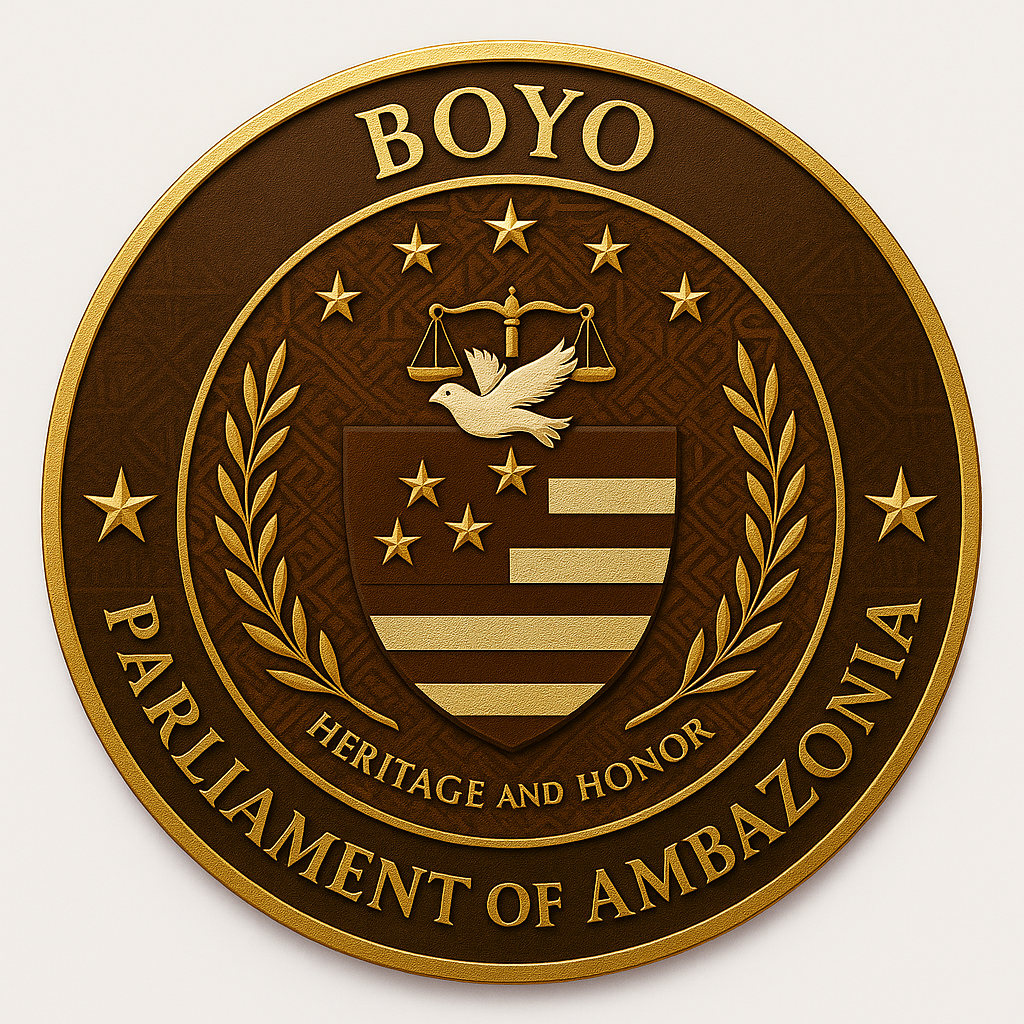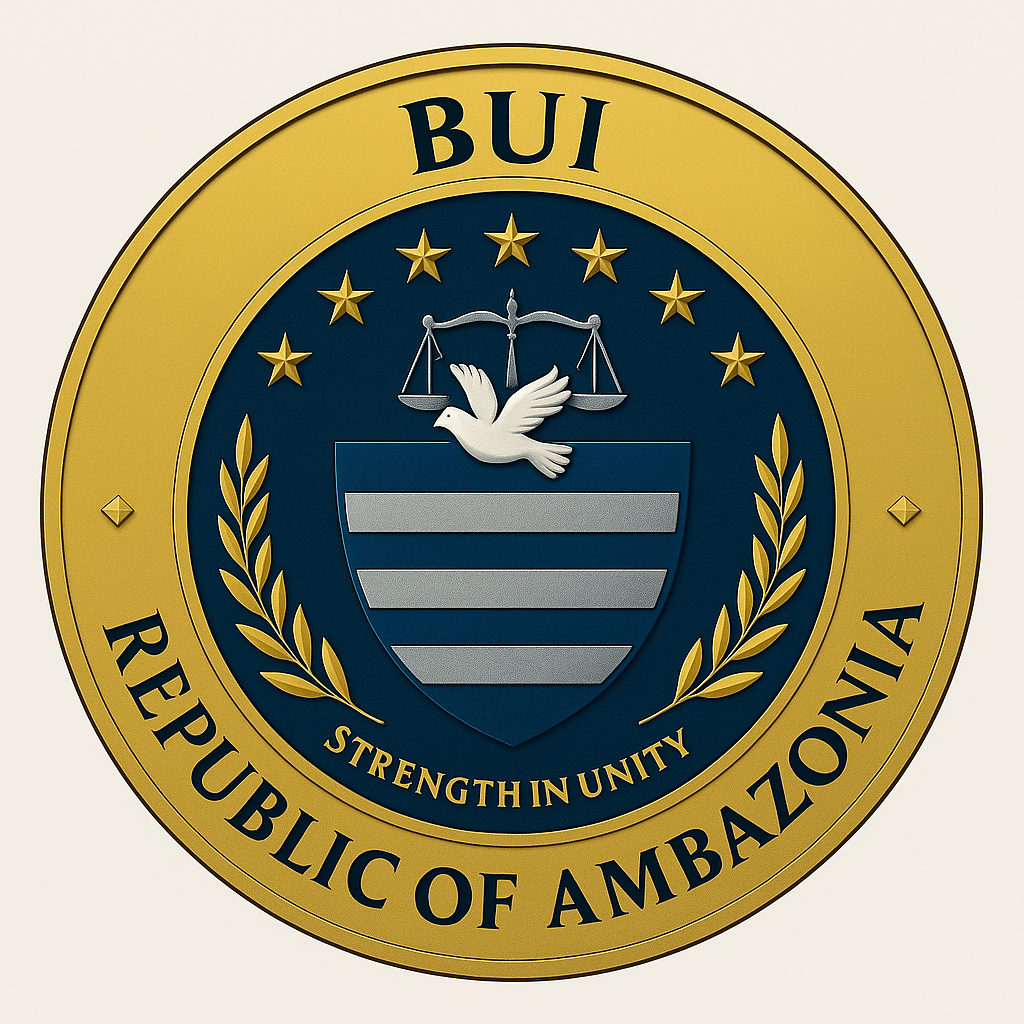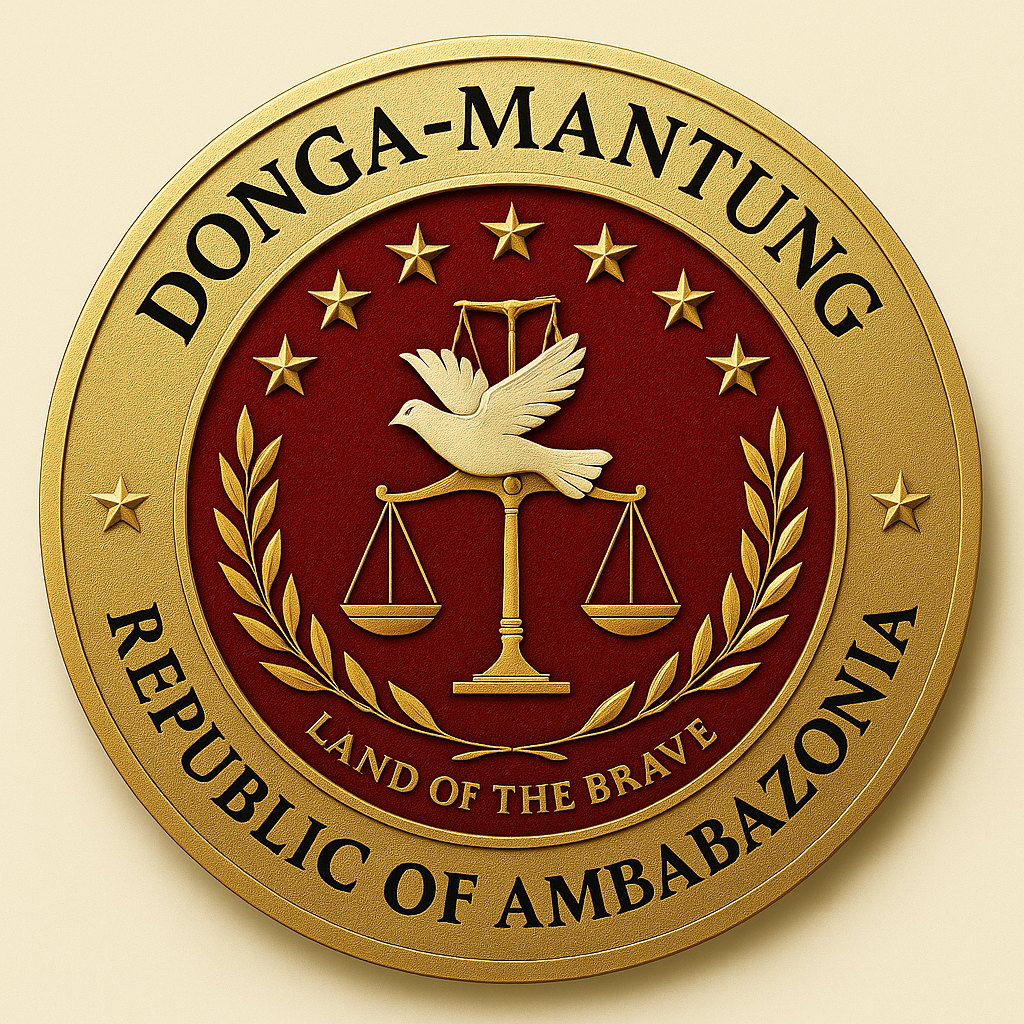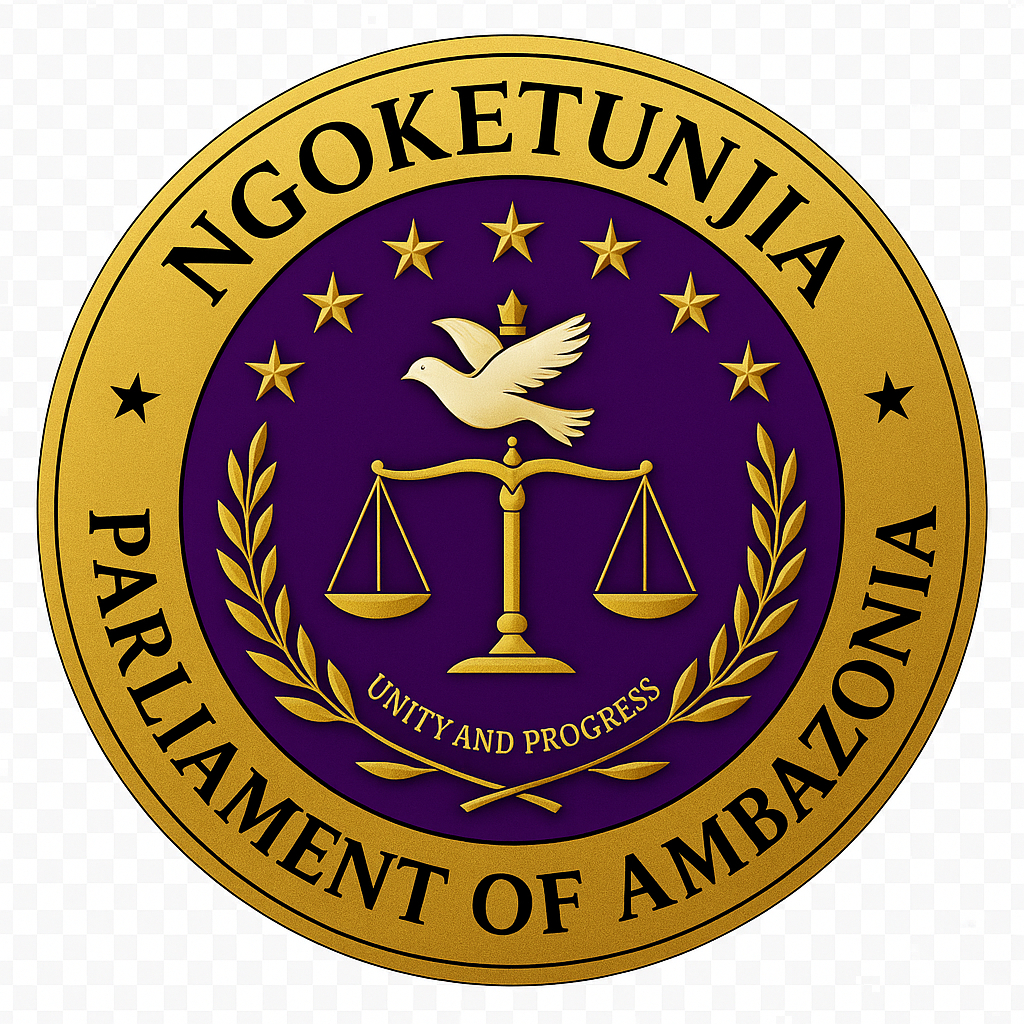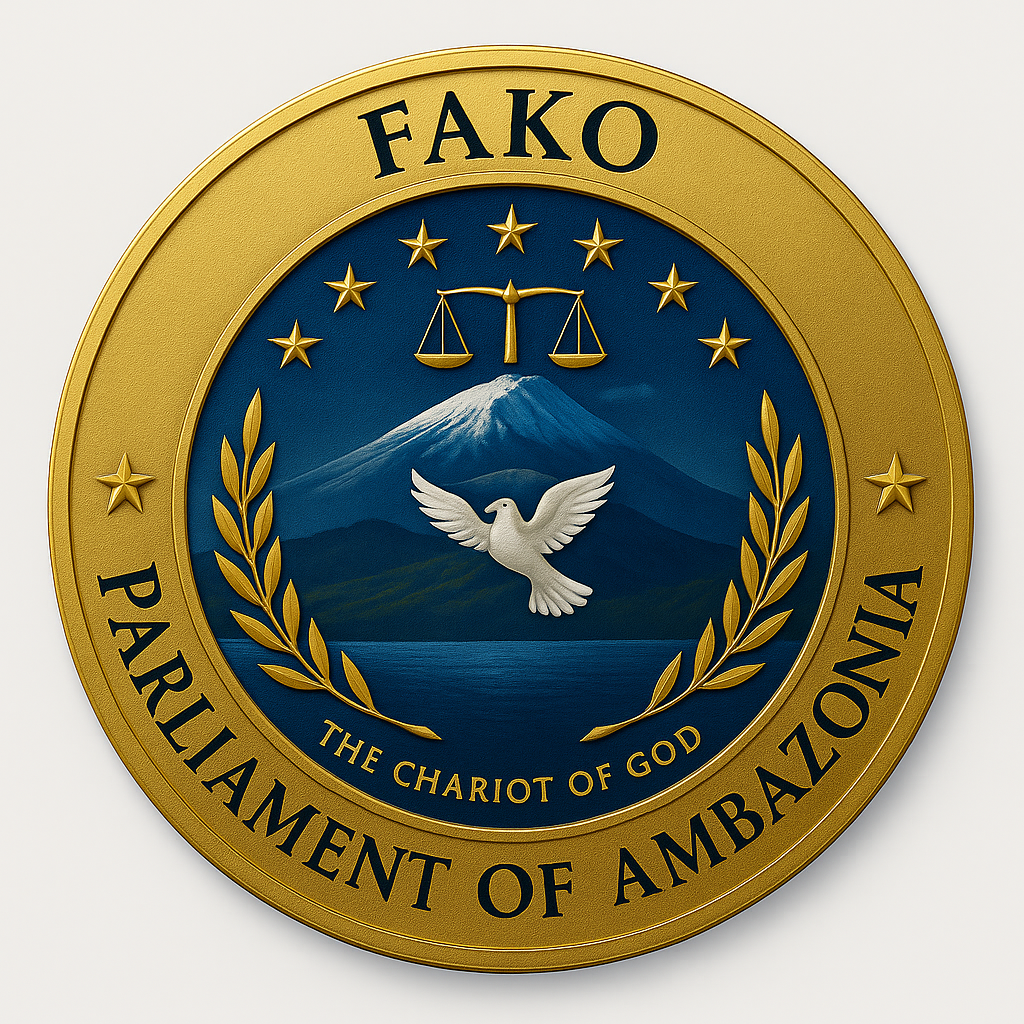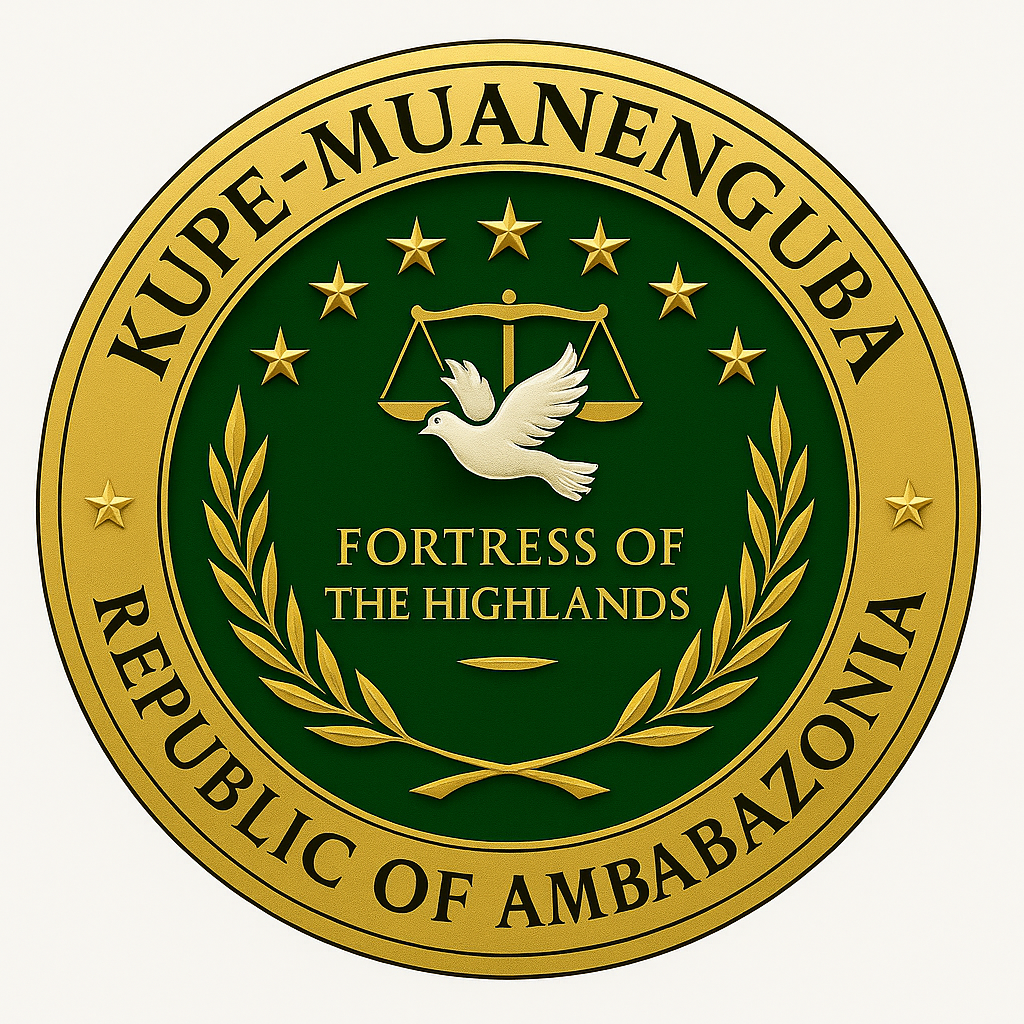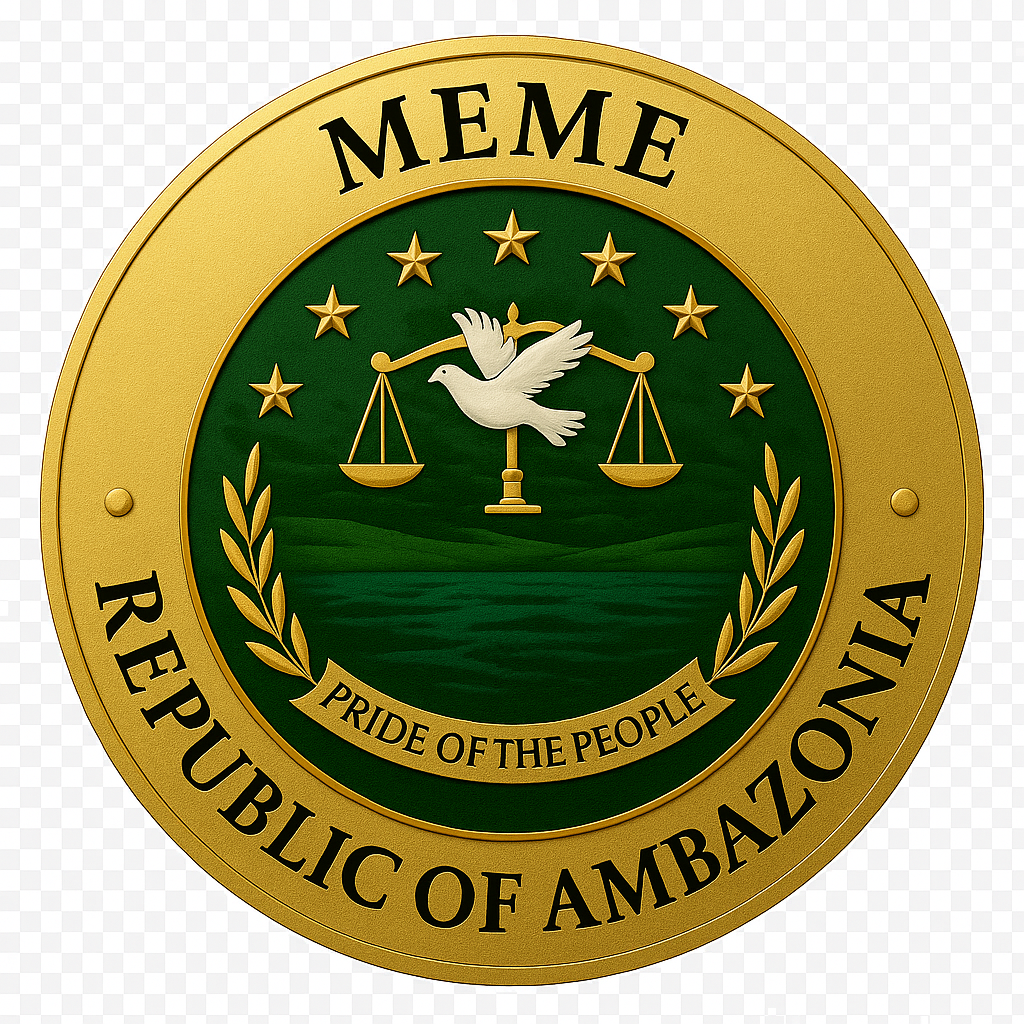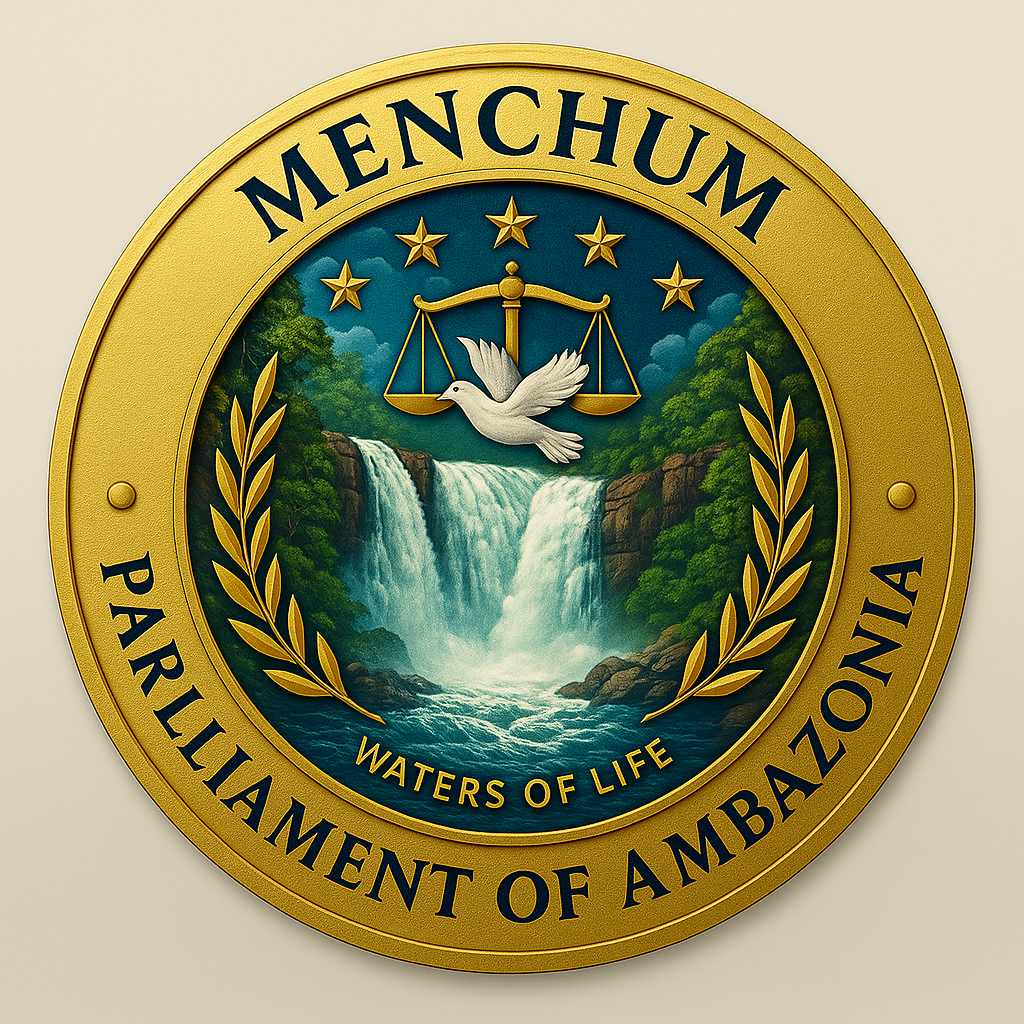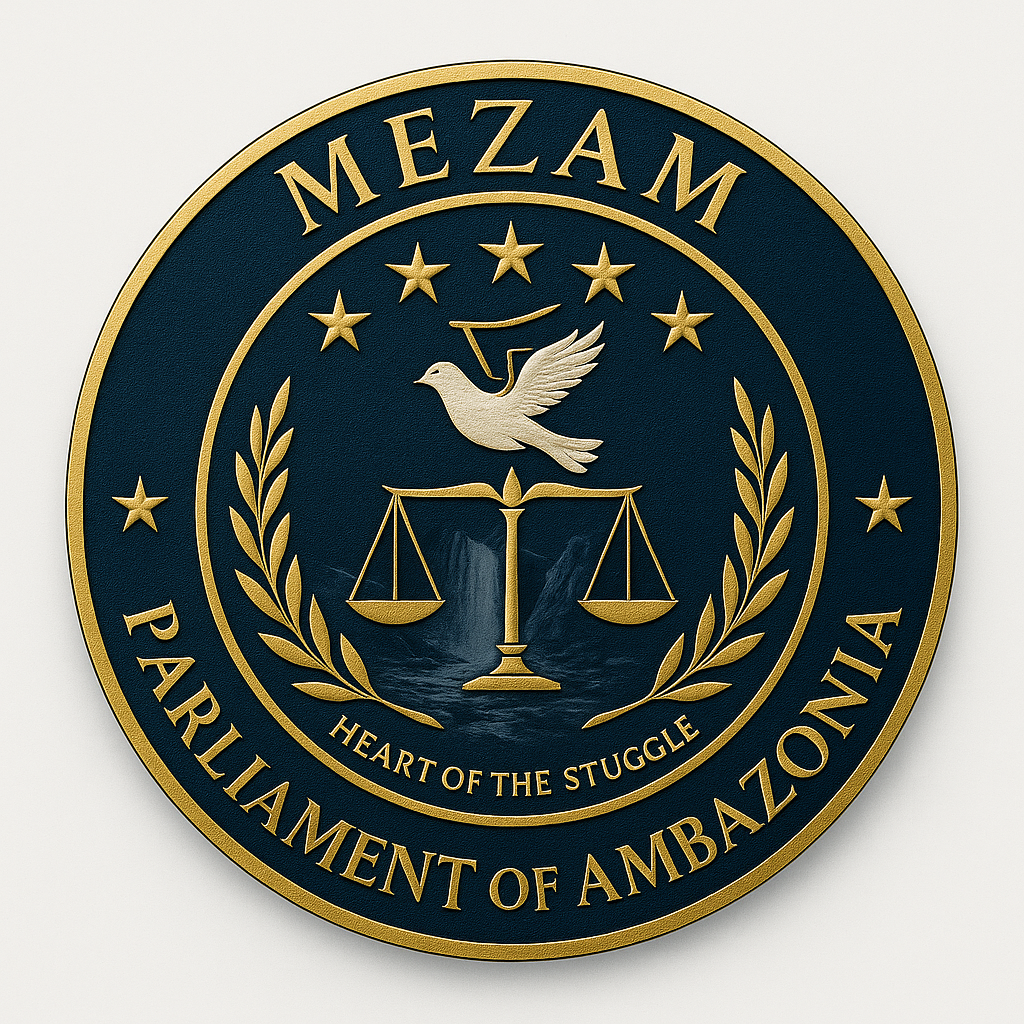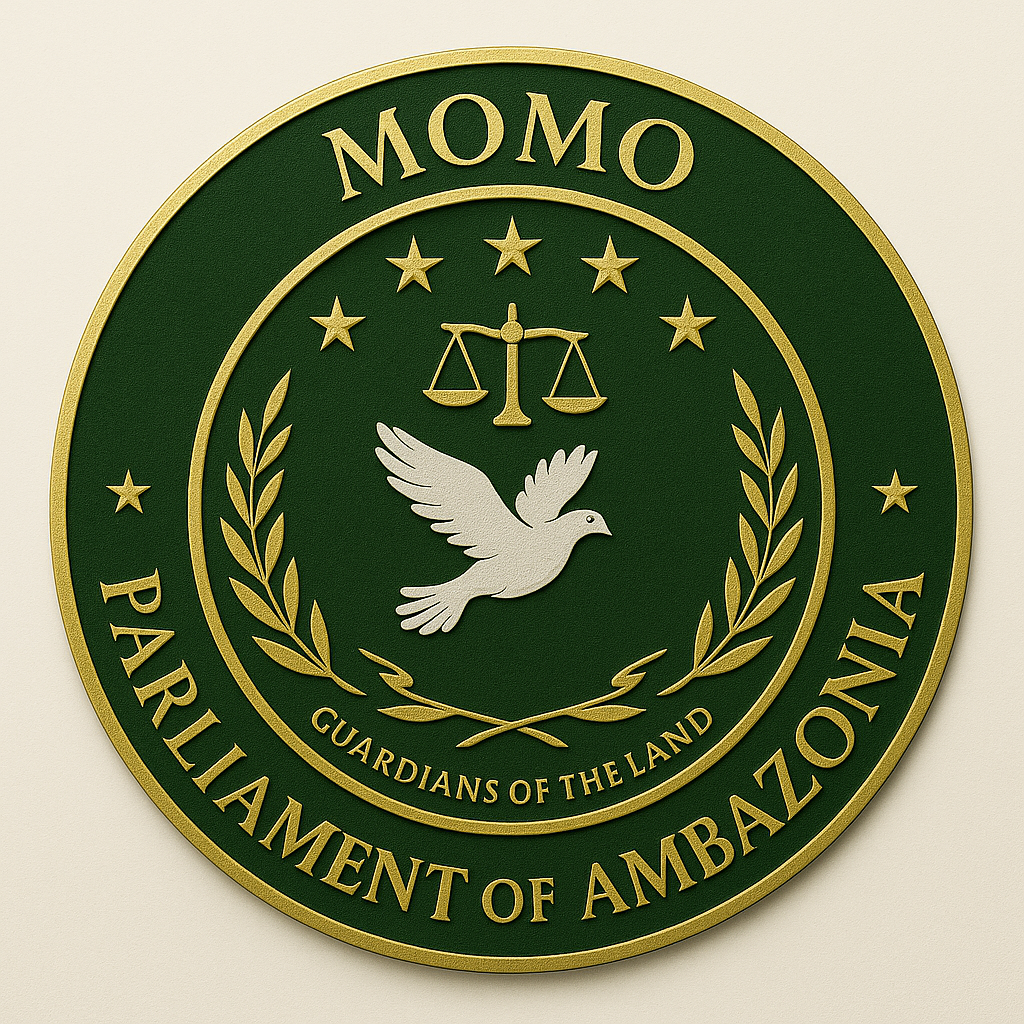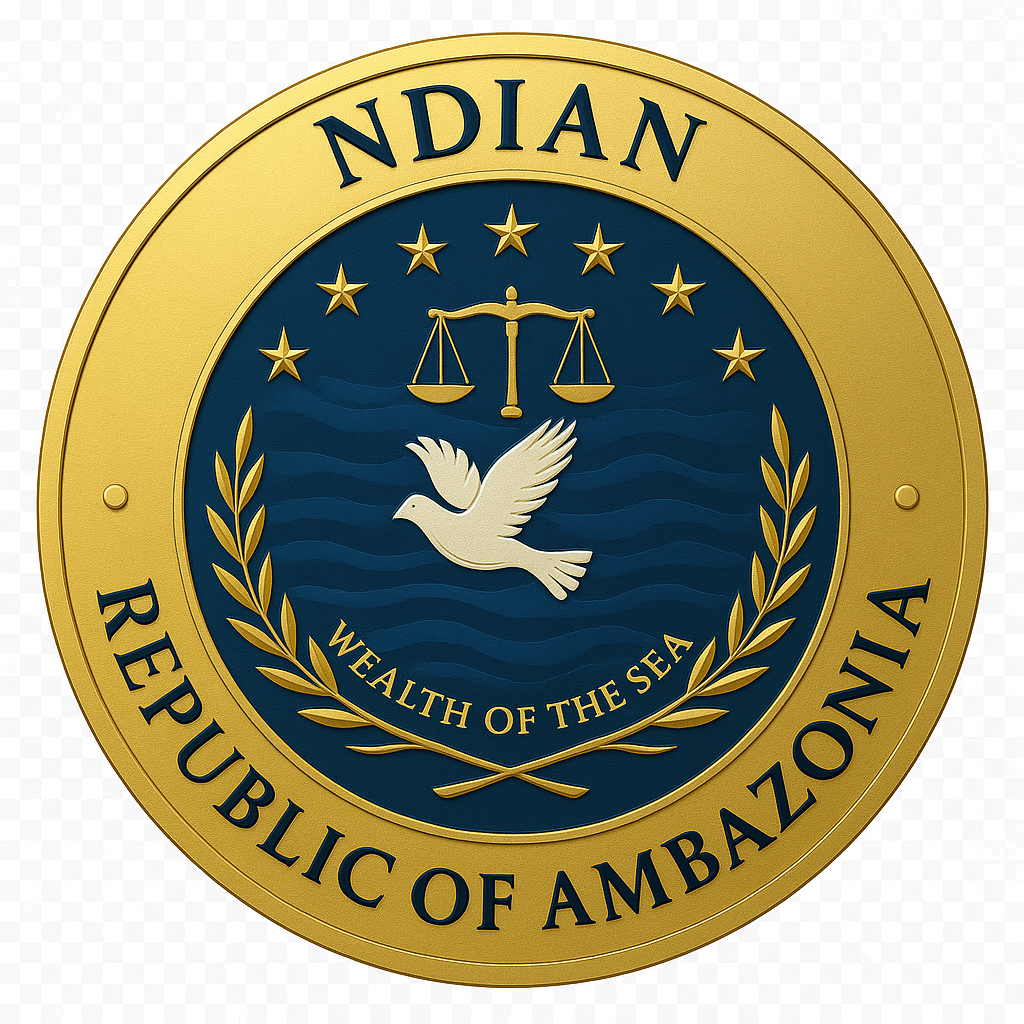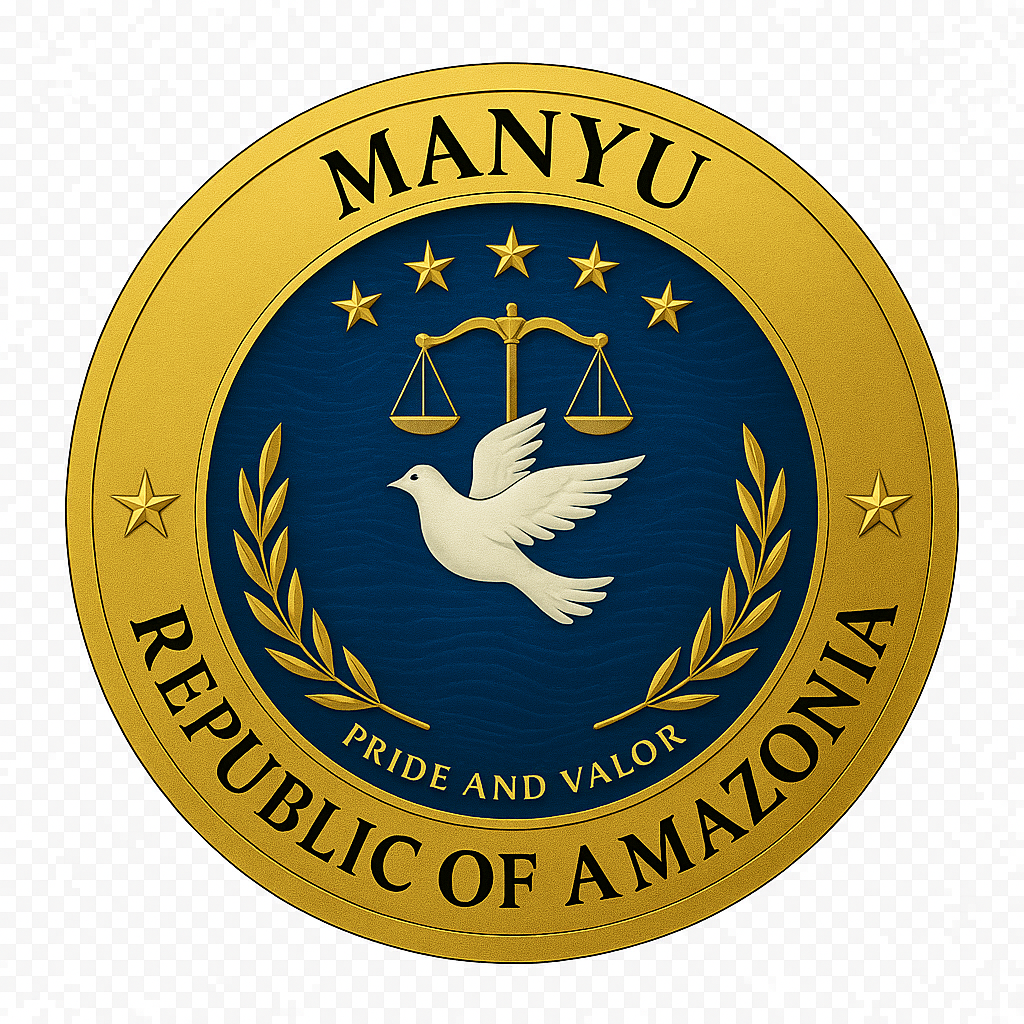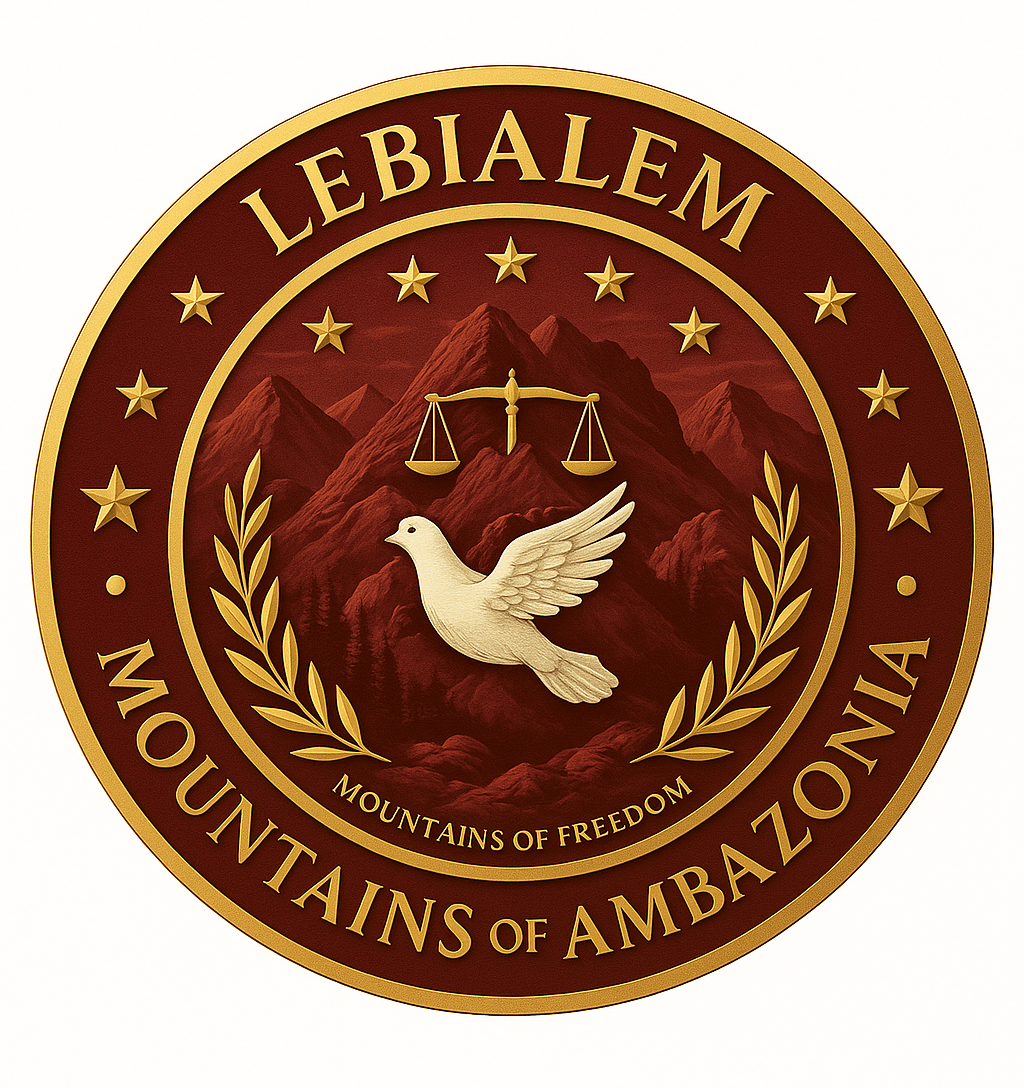Bills and Legislation
Introduction
Legislation is the cornerstone of parliamentary authority, the process through which the will of the people is expressed, codified, and enforced as binding law. In every democratic system, the passing of bills and their transformation into laws is both the supreme function and the highest duty of the legislature. The Parliament of Ambazonia, as the people’s legislative arm, is charged with crafting laws that safeguard the rights of citizens, protect national sovereignty, ensure justice, and create conditions for economic, social, and cultural development. The process of law-making is not simply mechanical; it embodies the values, aspirations, and collective spirit of the Ambazonian nation.
This essay provides a detailed exploration of bills and legislation, including their meaning, classification, procedures, significance, challenges, and impact within the context of the Parliament of Ambazonia. It further highlights the principles of accountability, representation, and sovereignty that underpin the Ambazonian legislative process.
Types of Bills
Bills can be categorized according to their origin, scope, and purpose. The Parliament of Ambazonia recognizes the following principal categories:
a) Government Bills
Introduced by ministers or members of the executive arm of government. These bills generally cover national policy matters, such as taxation, defense, foreign relations, and education.
b) Private Members’ Bills
Proposed by individual MPs who are not part of the executive. They often address local issues, minority rights, or areas overlooked by government. In Ambazonia’s context, these could include bills for protecting displaced refugees, empowering women, or safeguarding minority languages.
c) Money Bills / Appropriation Bills
Concerns the national budget, taxation, and allocation of public resources. By convention, these originate only in the Lower House (House of Assembly) and must be scrutinized carefully, as they touch on the financial sovereignty of the nation.
d) Constitutional Amendment Bills
Given Ambazonia’s ongoing state-building process, these bills carry special weight. They deal with reforms to the national constitution and require higher thresholds (two-thirds or more of parliamentary votes) for passage.
e) Emergency or Special Bills
When the sovereignty of the state is threatened, such as in times of war or natural disaster, emergency bills allow Parliament to respond swiftly. These must balance urgency with accountability, ensuring that rights are not unjustly curtailed.
ate only if cit
Stages of a Bill in the Parliament of Ambazonia
The legislative process in Ambazonia mirrors universal parliamentary traditions while reflecting the country’s specific socio-political context.
a) Drafting Stage
The bill begins as a draft, either from the executive, a parliamentary committee, or a private member. Drafting involves legal experts, drafters, and subject matter specialists ensuring that the language is clear, precise, and constitutionally sound.
b) First Reading
The bill is formally introduced in the House of Assembly or the Senate. At this stage, only the title and general objectives are read. No debate occurs; the purpose is to place the bill on the record and distribute it to members.
c) Second Reading
The principle of the bill is debated. MPs or Senators discuss the objectives, merits, and national importance. If approved by majority vote, the bill proceeds to committee.
d) Committee Stage
This is the heart of scrutiny. The bill is referred to a parliamentary committee (e.g., Justice & Human Rights, Finance, Security). Each clause is examined, amendments proposed, and expert witnesses may be consulted. For Ambazonia, committees also provide an avenue for citizen input, strengthening participatory democracy.
e) Report Stage
The committee presents its findings and recommendations back to Parliament. Members debate amendments and vote on them.
f) Third Reading
The final version of the bill is debated. Focus shifts to the exact wording, clarity, and legality. If approved, the bill moves to the other chamber (in a bicameral system).
g) Consideration by the Other House
If introduced in the House of Assembly, the bill proceeds to the Senate, where it goes through the same process. Both houses must agree on identical versions. Differences may be resolved by a joint committee.
h) Presidential Assent
After both houses approve, the bill is sent to the Head of State for assent. Once signed, it becomes an Act of Parliament, enforceable across Ambazonia.
Principles Guiding Legislation in Ambazonia
- Supremacy of the Constitution: All laws must conform to the constitution of the Republic of Ambazonia.
- Representation of the People: Bills reflect the voices of citizens, refugees, defense groups, and all liberation movements, ensuring inclusivity.
- Transparency & Accountability: Debates are open, votes are recorded, and records are published.
- Justice & Human Rights: Legislation must respect international law, human dignity, and protect minorities.
- National Sovereignty: Laws must reinforce Ambazonia’s independence, resist external domination, and safeguard territorial integrity.
Importance of Legislation
- Nation-Building: Establishing the institutions, rights, and duties of a sovereign state.
- Justice: Protecting rights, ensuring equality, and punishing violations.
- Economic Development: Creating frameworks for taxation, trade, investment, and land use.
- Security: Empowering defense, regulating armed groups, and guaranteeing internal stability.
- Cultural Protection: Safeguarding languages, traditions, and community practices.
- Humanitarian Response: Addressing refugee crises, displacement, and social welfare.
6. Challenges in the Legislative Process
- Conflict Environment: Legislative processes may be disrupted by ongoing hostilities.
- Representation Balance: Including defense groups, liberation movements, and refugees requires careful structuring.
- Resource Limitations: Drafting, research, and publication require financial and human resources.
- Political Divisions: Different factions may clash over specific bills, slowing progress.
- International Pressure: External actors may influence or resist Ambazonian legislation, especially on sovereignty-related bills.
7. Committees and their Role in Legislation
Committees serve as the backbone of legislative efficiency. For example:
- Finance & Budget Committee: Reviews appropriation bills and ensures accountability.
- Justice & Human Rights Committee: Guards against unjust or unconstitutional laws.
- Foreign Affairs & Diplomacy Committee: Reviews treaties and international cooperation.
- Education & Social Development Committee: Drafts laws on schooling, health, and social welfare.
- Security & Defense Committee: Regulates armed groups, defense spending, and national security policies.
8. Public Participation in Law-Making
Ambazonia’s Parliament recognizes that laws are legitimate only if cit
Committees and their Role in Legislation
Committees serve as the backbone of legislative efficiency. For example:
- Finance & Budget Committee: Reviews appropriation bills and ensures accountability.
- Justice & Human Rights Committee: Guards against unjust or unconstitutional laws.
- Foreign Affairs & Diplomacy Committee: Reviews treaties and international cooperation.
- Education & Social Development Committee: Drafts laws on schooling, health, and social welfare.
- Security & Defense Committee: Regulates armed groups, defense spending, and national security policies.
Public Participation in Law-Making
Ambazonia’s Parliament recognizes that laws are legitimate only if citizens see themselves represented. Mechanisms for public participation include:
- Public hearings and consultations.
- Petitions by citizens, NGOs, or defense groups.
- Broadcasting debates and publishing proceedings online.
- Inclusion of refugee representatives and liberation movements in the legislative body.
Landmark Types of Legislation in Ambazonia
- National Security Acts: To regulate defense forces, militias, and ensure national unity.
- Constitutional Acts: To refine the foundational legal order.
- Human Rights Acts: To guarantee fundamental freedoms in line with international conventions.
- Economic Acts: To regulate natural resources, taxation, and investments.
- Social Acts: To protect refugees, orphans, and vulnerable groups.
Meaning of a Bill
A bill is a formal proposal for new legislation or an amendment to existing legislation presented to the Parliament for debate, scrutiny, and approval. It is the first step in law-making. While a bill itself has no legal force, once debated, approved by both houses of Parliament (if bicameral), and assented to by the Head of State, it transforms into an enforceable Act of Parliament.
In Ambazonia, bills embody not only technical legal drafting but also the aspirations of the people. They serve as the bridge between popular will and enforceable law, a channel through which justice, freedom, and sovereignty are institutionalized.

